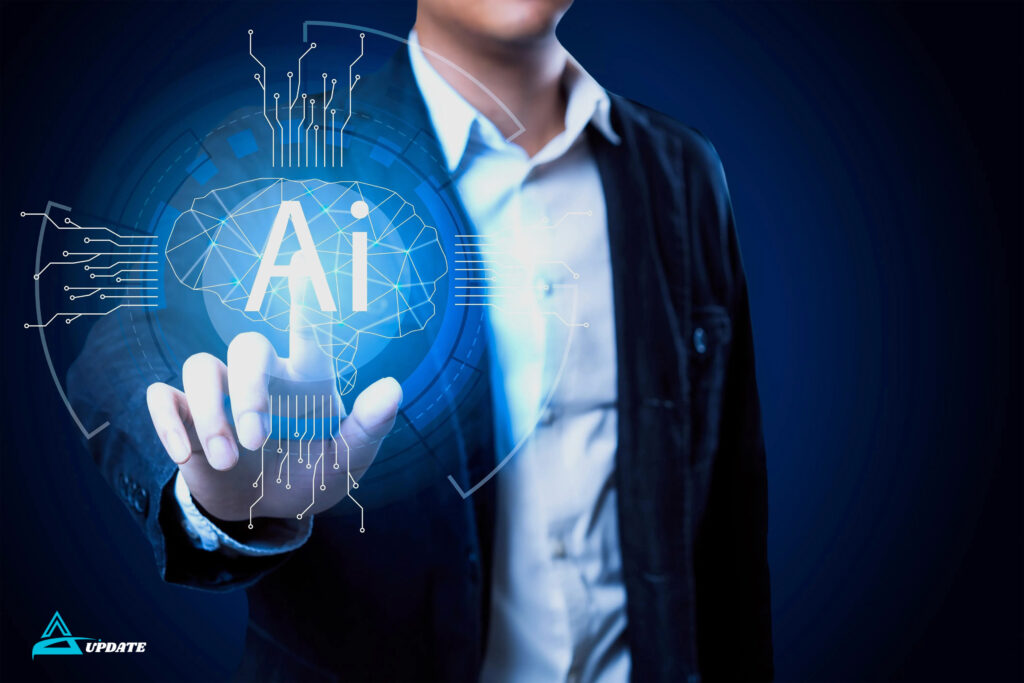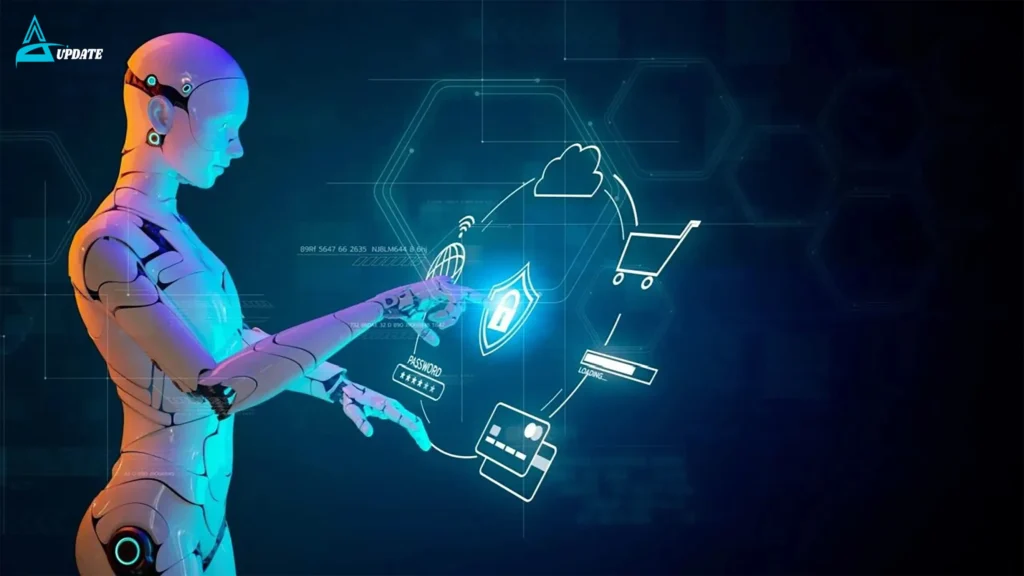Artificial Intelligence (AI) has experienced exponential growth over the past decade, reshaping industries and enhancing human capabilities in unprecedented ways. As we look toward 2025, AI is poised to make even greater strides, revolutionizing everything from healthcare and education to entertainment and daily life. This blog explores the potential developments in AI in 2025, offering insights into its transformative impact and the challenges it may face.
AI in Everyday Life
By 2025, AI is expected to become an integral part of our daily routines. From smart homes equipped with AI-powered assistants to personalized recommendations on streaming platforms, AI will continue to enhance convenience and efficiency. Advancements in natural language processing (NLP) and machine learning algorithms will enable virtual assistants like Siri, Alexa, and Google Assistant to provide more nuanced and context-aware responses.
Moreover, wearable technology, powered by AI, will take personal health monitoring to the next level. Devices will not only track vital signs but also predict potential health issues, offering proactive solutions and real-time advice tailored to individual needs.
Revolutionizing Healthcare
Healthcare is one of the sectors most significantly impacted by AI. By 2025, AI-driven innovations are expected to:
- Enhance Diagnostics:
AI algorithms will analyze medical images and patient data with unparalleled accuracy, aiding in the early detection of diseases such as cancer, Alzheimer’s, and cardiovascular conditions.
- Personalized Medicine:
AI will enable treatments tailored to a patient’s genetic profile, improving outcomes and minimizing side effects.
- Remote Monitoring and Telemedicine:
The integration of AI with IoT devices will facilitate remote patient monitoring, making healthcare accessible to underserved populations.
- Drug Discovery:
Accelerated by AI, the drug discovery process will become faster and more cost-effective, potentially leading to breakthroughs in curing rare diseases.
AI and Education
The education landscape in 2025 will be markedly different, thanks to AI. Personalized learning platforms will adapt to individual student needs, offering tailored lessons and resources. Teachers will leverage AI tools to identify learning gaps, track student progress, and provide targeted interventions.
Additionally, AI-powered language translation tools will break down linguistic barriers, enabling global collaboration in educational initiatives. Virtual reality (VR) and augmented reality (AR) combined with AI will make learning more immersive, providing hands-on experiences in subjects like science, history, and engineering.
AI-Driven Sustainability
As the world grapples with climate change, AI will play a pivotal role in driving sustainability efforts. By 2025, AI is likely to:
- Optimize energy consumption in industries and households through smart grid systems.
- Enhance agricultural practices by predicting weather patterns, monitoring soil health, and recommending optimal crop rotations.
- Facilitate waste management by improving recycling processes and reducing landfill waste with AI-powered sorting systems.
AI will also support renewable energy adoption by improving the efficiency of solar panels, wind turbines, and other clean energy technologies.
AI in Business and Industry
AI will continue to transform the business landscape in 2025, offering solutions that drive efficiency, reduce costs, and enhance customer experiences. Key developments include:

- Advanced Automation:
AI-powered robotics and automation tools will handle complex tasks in manufacturing, logistics, and customer service.
- Predictive Analytics:
Businesses will use AI to forecast market trends, understand consumer behavior, and make data-driven decisions.
- Customer Service:
Chatbots and virtual agents will become more sophisticated, providing human-like interactions and 24/7 support.
- Cybersecurity:
AI-driven systems will detect and respond to cyber threats in real time, safeguarding sensitive information.
Ethical and Societal Challenges
Despite its potential, the widespread adoption of AI in 2025 will raise ethical and societal concerns. Issues such as data privacy, algorithmic bias, and job displacement will demand careful consideration. Ensuring transparency in AI decision-making processes and implementing robust regulations will be critical to addressing these challenges.
Additionally, governments and organizations must prioritize upskilling and reskilling initiatives to prepare the workforce for an AI-driven future. Public awareness campaigns will also play a vital role in fostering trust and understanding of AI technologies.
Conclusion:-
AI in 2025 represents a blend of extraordinary opportunities and complex challenges. As technology evolves, collaboration between policymakers, technologists, and society at large will be essential to ensure that AI serves as a force for good.
By embracing ethical practices and fostering innovation, we can harness the full potential of AI, paving the way for a future that is not only technologically advanced but also equitable and sustainable.


2 Responses
Your article helped me a lot, is there any more related content? Thanks!
Thank you so much—I’m really glad the article was helpful to you! I’ve got some more content on similar topics that you might find useful. Let me know what specifically you’re interested in, and I’d be happy to point you in the right direction! 😊